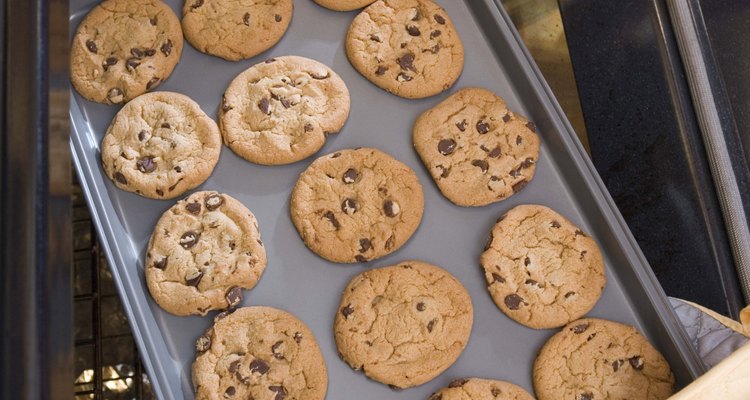
When it's time to cook, you have three basic options: moist-heat cooking methods, such as steaming or braising; frying, and dry cooking methods. Of the three, dry cooking is usually the least messy and the simplest. Put the food in a baking dish or roasting pan, toss it in the oven and you're ready to go. Dry cooking methods have definite advantages when it comes to flavor and texture, but be prepared to stay close by throughout the cooking process.
How It Works
Dry cooking methods include sauteing, roasting, baking and grilling. In all these methods, heat is transferred through air, or sometimes through fat, as in sauteing. Temperatures for sauteing typically range between 120 and 150 degrees Fahrenheit. Roasting, baking and grilling rely on much higher temperatures -- between 300 and 400 F. These methods develop a golden crust on most foods.
Tender, Juicy and Fast
One of the main advantages of using a method, such as sauteing or grilling, is how quickly food cooks. Small, individual portions of meat, for example, can be cooked in 10 to 15 minutes. Another advantage of dry cooking is the flavor it imparts. When vegetables and meat are roasted or grilled, they develop a delicious caramelized crust, while the inside remains tender and juicy. Muffins, breads, cookies and cakes become light, fluffy and easily digestible through baking, and often develop a golden crust. When grilling or roasting, the fat often drains away from meats, creating a leaner product.
Risks of Burning
The main disadvantage to dry cooking methods is that because food cooks quickly, it's also quick to burn or dry out. Unlike a method like braising, where you can walk away from the kitchen and leave the food simmering for hours, you must keep a watchful eye on foods when using a dry cooking method. And these methods may partially destroy heat-sensitive nutrients in the food. Another potential problem, particularly in grilling and roasting, is the development of acrylamide, a compound that can cause cancer. This compound is found in the blackened crusts of grilled or roasted meat. Remove or scrape the blackened areas off the meat before you eat it.
Hints for Success
When grilling, roasting or sauteing meats, pat the meats dry with a paper towel before you cook them. When meat is moist, it tends to steam instead of sear, so it's harder to get that coveted golden brown crust. Spritz vegetables lightly with vegetable oil before you roast them to keep them moist and line the pan with parchment paper. Use very high heat -- 450 to 475 F when roasting vegetables. When baking breads, cakes and cookies, set the timer for a few minutes before the recipe suggests. If the baked good isn't done, reset the timer for an additional five minutes. By starting early, you'll prevent overbrowning or dryness in baked goods.
Related Articles
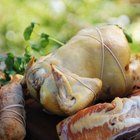
Is Eating Smoked Foods Healthy?

The Difference Between Grilled & ...

How to Make a Blackbuck Antelope Roast
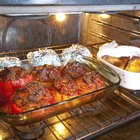
How Does a Convection Oven Work?

Can I Cook Duck in Low Temperatures to ...
Convection Broiling Vs. Convection ...

Do I Cover or Uncover When Baking?

What Is Charbroiling?

The Best Way to Prepare Bison Sirloin

Cooking Poultry With a Convection Vs. ...
How to Cook in a Gas Stove or Oven

How Much Time Does It Take to Bake ...
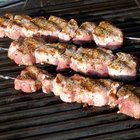
How to Cook Pork Loin
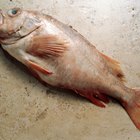
How to Cook Redfish on a Grill

The Difference Between Grilled and ...

How to Prepare Food With an Electric ...
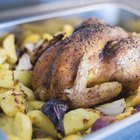
Is Cooking in a Conventional Oven ...
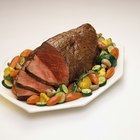
How to Cook a Roast Beef to a Perfect ...

Does Simmering Ground Beef Make It More ...
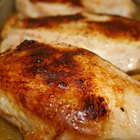
How to Make Pollo Asado-Marinated ...
References
Writer Bio
Julie Christensen is a food writer, caterer, and mom-chef. She's the creator of MarmaladeMom.org, dedicated to family fun and delicious food, and released a book titled "More Than Pot Roast: Fast, Fresh Slow Cooker Recipes."
Photo Credits
Jupiterimages/Comstock/Getty Images